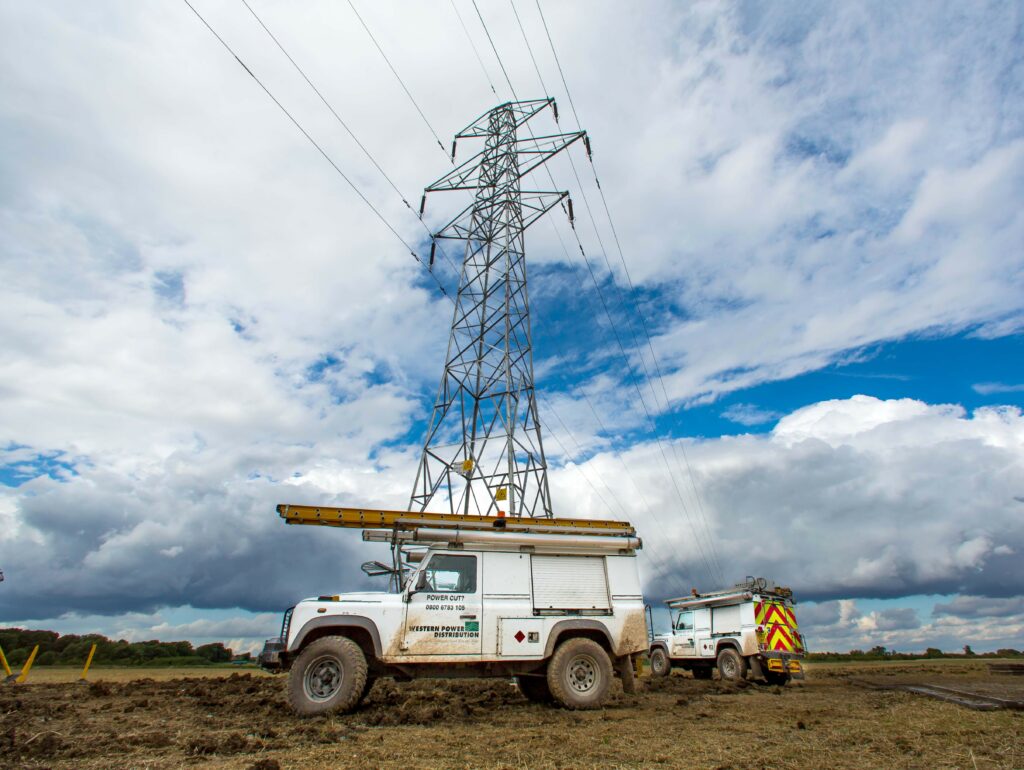Western Power Distribution (WPD) failed to meet its obligations to provide information to some of its most vulnerable customers, regulator Ofgem has found.
As such, WPD has agreed to make a voluntary redress payment of £14.9 million, equal to £3.7 million for each of the four licences it operates.
Following the launch of an investigation in 2020, the regulator found that WPD failed to promptly notify and update some of those affected by power cuts on the Priority Services Register (PSR) about when power would be restored and what assistance was available.
The distribution network operator (DNO) also did not promptly provide specific information on how to prepare for power cuts for the majority of its newly added PSR customers, with some waiting up to a year after signing up for this information.
The lack of prompt information – which occurred over a five year period – made it harder for PSR customers to plan ahead to ensure their needs were met and access the available assistance, Ofgem said.
Network companies are required to provide additional services to households in vulnerable circumstances who are on their PSR. Currently, there are around 6 million customers registered for priority assistance across Great Britain, while WPD has around 1.7 million PSR customers.
Additional services available to PSR customers include the provision of prompt information and advice during unplanned power cuts, as a loss of electricity supply may be particularly difficult for them, the regulator said.
This then helps those customers to take steps to keep themselves safe and access any additional assistance from network companies. This assistance could take the form of mobile power generators, hot meals and drinks, alternative accommodation and on-site welfare units.
“WPD did not meet all of its obligations to provide additional support to some of its most vulnerable customers to safeguard their well-being. In our view it also took too long to put this right. This is totally unacceptable,” Cathryn Scott, director of enforcement and emerging issues at Ofgem, said.
WPD also failed to ensure all staff visiting the homes of customers, including those in vulnerable circumstances, had sufficient background checks, in particular DBS checks, according to the regulator.
However, the DNO has now acted to address all areas of concern, changing its policies, procedures and processes.
“Our enforcement against the company sends a strong message that when companies fail to provide the required services to their Priority Services Register customers, Ofgem will take action,” Scott said.
Previous payments to the voluntary redress fund include National Grid ESO paying £1.5 million last year after it failed to provide unbiased and accurate seven-day ahead electricity demand forecasts in 2017, as well as Utility Warehouse paying £1.5 million after failing to consistently treat customers fairly.






